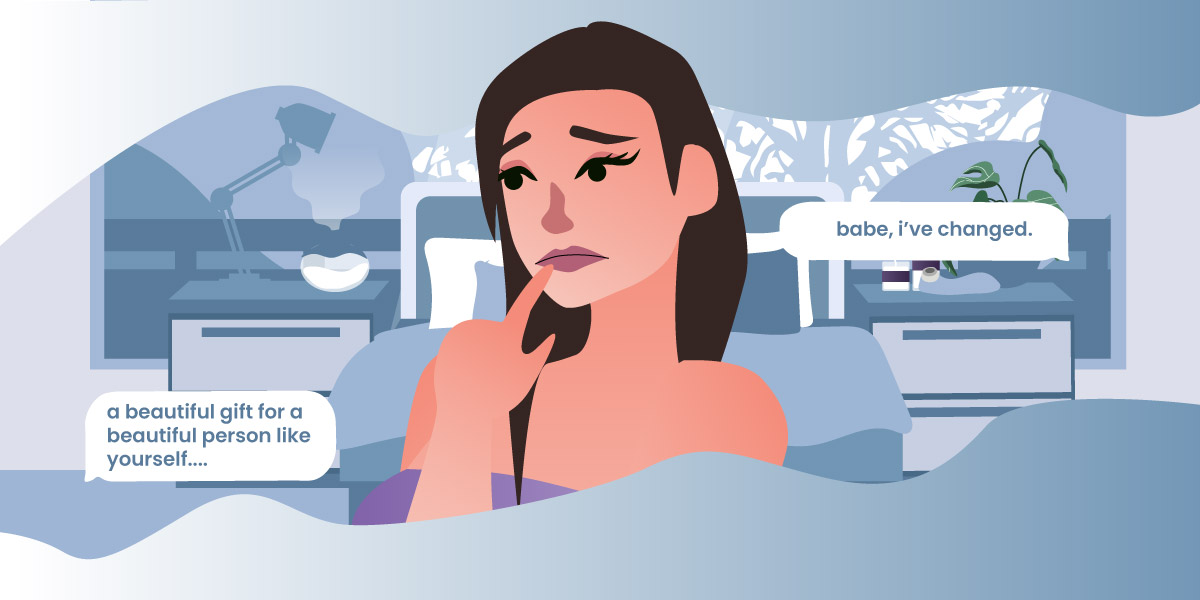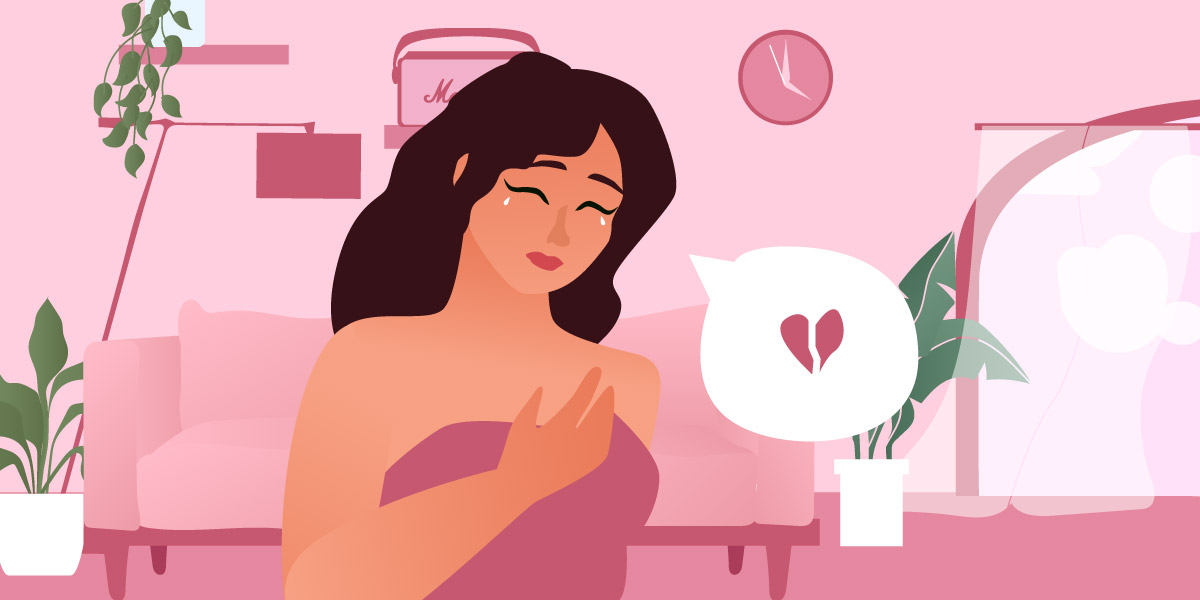
Falling in love is one of life’s most cherished dreams, but falling out of love can feel like a nightmare. A viral tumblr post by acutelesbian perfectly captures the heartbreak of this shift:
“Nothing saddens and scares me like the thought that I can be ugly to someone who once thought all the stars were in my eyes.”
While this quote reflects the pain of being on the receiving end, finding yourself gradually losing those romantic and affectionate feelings for your partner can be just as unsettling and difficult to navigate. After all, who wants to wake up one day and realize they’re no longer in love with their partner? Who wants to face the heartbreak and drama of a breakup? And who wants to walk away from a relationship built on years of shared moments and a once beautiful connection?
But the reality is that falling out of love happens. It can happen to your partner, friends, or family members—and yes, it can happen to you. This might occur for countless reasons, and we’ll explore some of them later in this guide. But for now, let’s delve into the subtle signs that you might be falling out of love.
1You’ve lost interest in your partner.
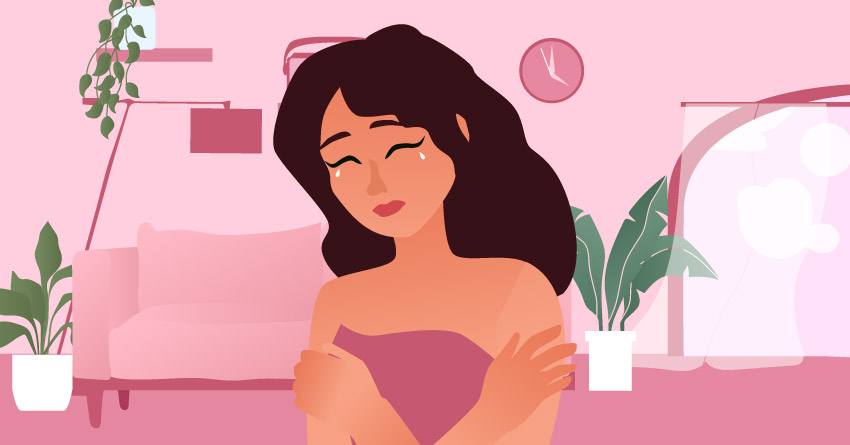
As relationship experts often say, the opposite of love isn’t hate—it’s indifference. If your partner shares a small achievement or something exciting they’ve discovered, and you feel uninterested or dismissive, it might be a sign that you’re starting to fall out of love with them.
Of course, it’s natural for your life to have other priorities beyond your partner. Outside factors like family issues, work stress, or personal struggles can impact your focus and engagement. However, if you’ve stopped asking questions or showing curiosity about their life altogether, it’s a red flag worth noticing.
-
₱5,450.00
-
₱3,400.00
-
₱4,045.00
-
₱4,045.00
2You no longer enjoy spending time with your partner.
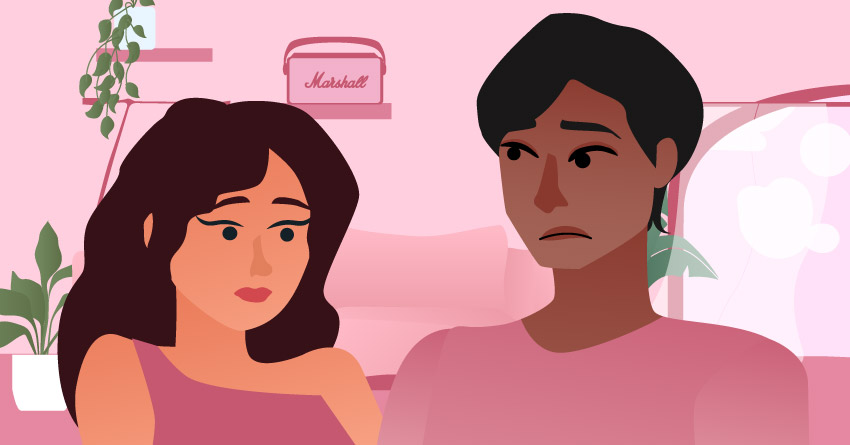
Do you create excuses to avoid spending time with your partner—working late, making plans with friends, or starting multiple personal projects to keep yourself busy? And when you do spend time together, do you feel bored, eagerly waiting for the moment you can go home? This might be a sign that you’re falling out of love.
It’s perfectly normal to want time for yourself and to hang out with friends—some healthy distance from your partner can be beneficial. But if you consistently dread spending time with your partner and prioritize everyone else, it might be time to reflect on your feelings and the state of your relationship.
3Open communication has become almost nonexistent.
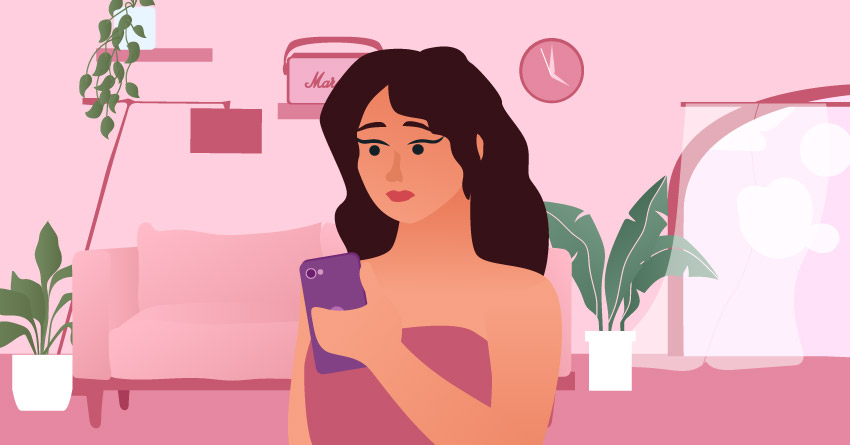
Is your partner still the first person you turn to with major updates in your life? When something’s bothering you in the relationship, do you still talk about it with them or bottle it up? Are you still sharing your deepest thoughts with your partner? If you’re saying no to any of these, it could be a sign that your feelings have changed.
Communication is key to any successful relationship. If you’re reaching a point where you’re no longer bothering to talk to your partner or shutting down their attempts to communicate, it might be a sign that you’re falling out of love.
4Being around them irritates you more than it comforts you.
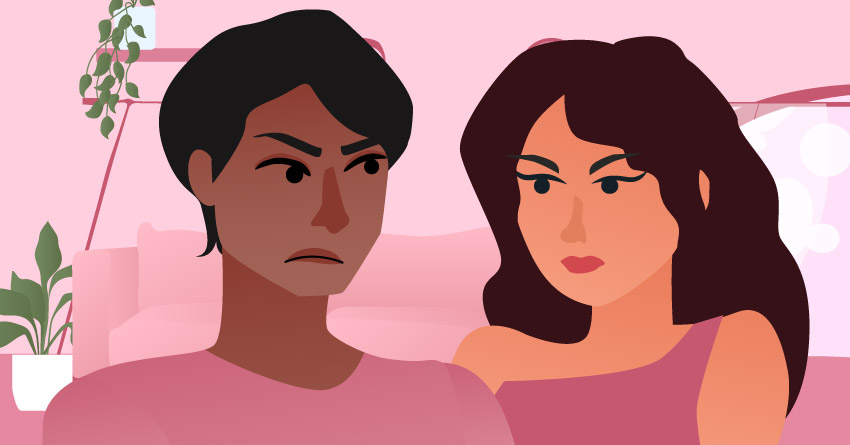
Most people feel happy and at ease whenever they’re with their partner. Studies even show that feeling relaxed and sleepy around them is a sign of a healthy relationship. This is because your body releases hormones like Oxytocin, Serotonin, and Dopamine, which help create those feel-good vibes and a sense of comfort that you don’t get from others.
However, for those falling out of love, being with their partner doesn’t bring comfort—it brings irritation, sometimes known as “the ick.” Anything your partner does or says triggers a negative response from you. It could be something as simple as them singing a silly song after leveling up in a game or making odd chewing sounds while eating.
It’s normal to feel irritated with your partner from time to time—especially if they’ve done something that annoys you, if you’re in a fight, or if you’re generally stressed out. But if you’re constantly annoyed by their presence, that might signal a deeper shift in your feelings.
-
₱7,105.00
-
₱10,600.00
-
₱799.00
-
₱9,000.00
5You’re unwilling to compromise on even small things.
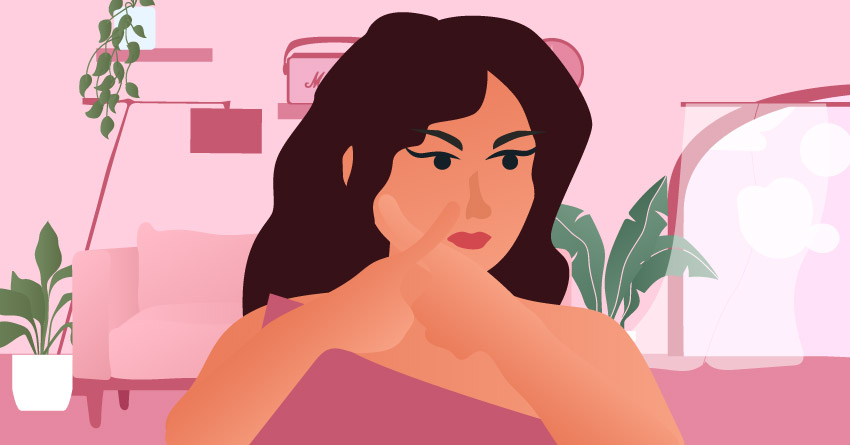
Another subtle yet impactful sign that someone is falling out of love is the reluctance to compromise.
When you love someone, you’re usually willing to adjust to their needs and desires. You might watch the movies they love, even if it’s not your favorite genre. If something bothers them, you’ll make small changes to reassure them—like unliking photos of sexy models on Instagram or avoiding hanging out with that one workmate who’s clearly into you. You are usually open to compromise to work things out during arguments.
But when someone’s feelings start to fade, compromise becomes more difficult. You lose that desire to adjust to what your partner wants, which turns into a mindset of “my way or no way.”
6You’re only putting in the bare minimum effort in the relationship, with no desire to do more.
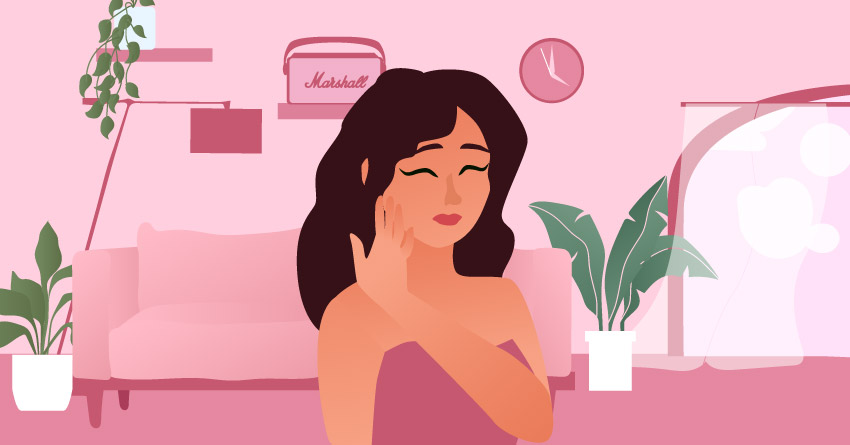
A subtle sign of falling out of love is when you’re only doing the basics to keep the relationship afloat. You take your partner on occasional dates, mostly on special occasions. Surprises, gifts, and heartfelt compliments? Nonexistent. While you’re not cheating or outright disrespecting them, you’re also not trying to bring joy to the relationship.
7Intimacy feels like a chore.
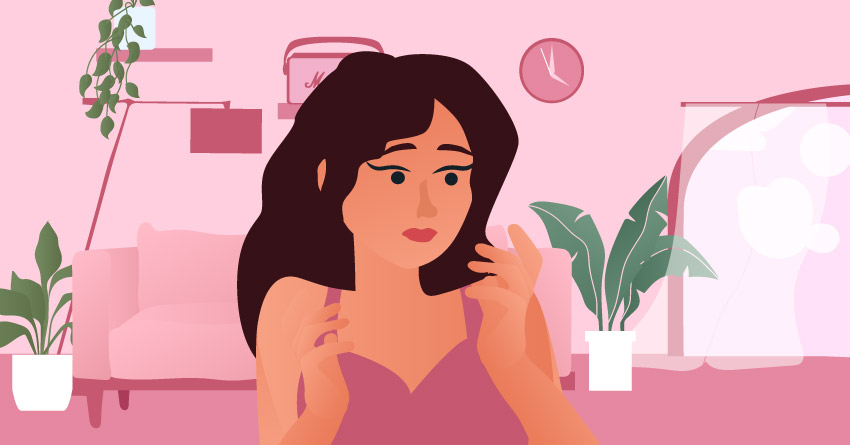
Another common sign of falling out of love is a lack of desire—whether it’s sexual or non-sexual intimacy. As Surabhi Jagdish, LMFT, explains in an interview with Women’s Health: “If the idea of physical touch or intimacy feels like something you’d rather not do, and you don’t have much desire to engage in it, this could be a sign [you’re falling out of love].”
However, intimacy can ebb and flow in a relationship. Stress, health issues, or emotional struggles can all impact desire. But if you consistently feel disinterested—even in non-sexual touches like holding hands or hugging—it may signal a deeper issue in the relationship.
8You find yourself criticizing your partner all the time.

According to John and Julie Gottman’s Four Horsemen of the Apocalypse, criticism is one of the destructive communication styles that can end a relationship. Frequently attacking your partner’s character—whether in private or around others—could mean you’ve lost respect or love for them.
The difference between complaining and criticizing is that criticism focuses on your partner, while sharing a complaint focuses more on your partner’s action.
Here’s an example. Let’s say your partner forgot to send a text message that they’re running late on your date.
- Complaint sounds like this: “I was worried when I didn’t hear from you. Next time, message me if something comes up. I want you to be here on time, but if you can’t make it, I would appreciate getting a heads-up so I could check some shops instead of just standing at the mall entrance.
- Criticism sounds like this: “Oh my god, is it that hard to send a text message? Are you really that lazy that you can’t even type in your phone? You’re always chatting with your buddies but when it comes to actual important things like letting your girlfriend know when you’re arriving here in the mall, you don’t even bother…”
-
₱9,500.00
-
₱6,998.00
-
Original price was: ₱2,745.00.₱2,470.50Current price is: ₱2,470.50.
-
₱8,095.00
9Thoughts of breaking up are a constant presence in your mind.
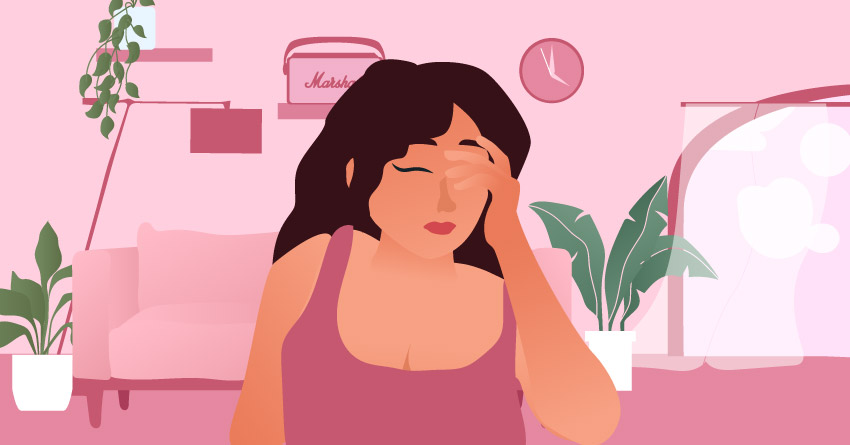
If breaking up feels like the go-to solution for every disagreement—whether it’s a minor argument or a simple annoyance—that’s a serious sign of falling out of love.
Someone truly in love and committed to their partner doesn’t constantly dwell on ending the relationship— they instead focus on how to make things work or see the good things their partner has done for them. If breaking up is lingering in your thoughts, it may indicate a shift in your feelings.
10You often fantasize about being with other people.
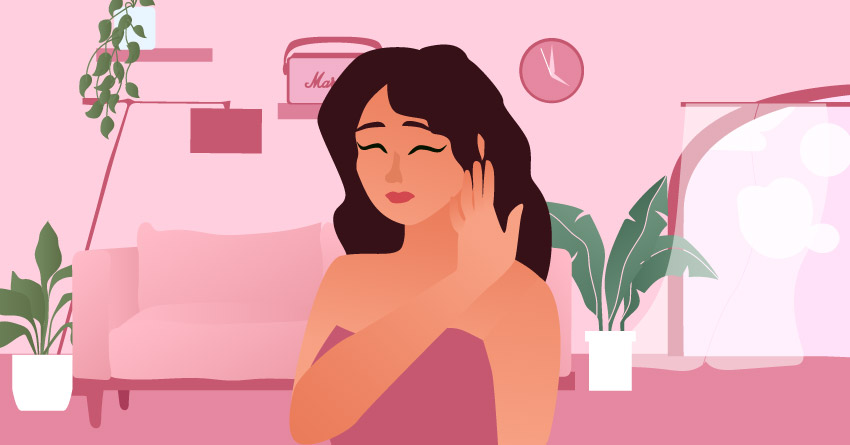
It’s normal to find others attractive, even in a committed relationship. But if you frequently imagine dating other people—or even emotionally invested in someone else—you might be falling out of love. This behavior crosses into emotional cheating if you’re actively planning ways to connect with someone else, signaling dissatisfaction in your current relationship.
11You don’t include them in big decisions or plans for the future.
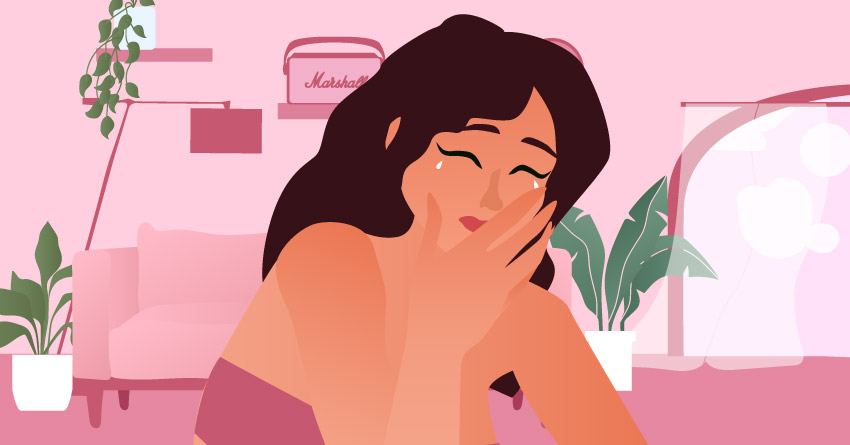
As the saying goes, “The highest form of love is consideration.” When you love someone, you naturally include them in your decisions—big or small. Whether it’s choosing dinner or deciding to relocate for work, your partner’s feelings and preferences matter.
If you start making decisions without involving them, or you exclude them entirely from your long-term plans, it may be a sign that your love and commitment are fading.
-
₱995.00
-
₱1,299.00
-
₱1,700.00
-
₱150.00
12Feelings of hopelessness are creeping into other parts of your life.
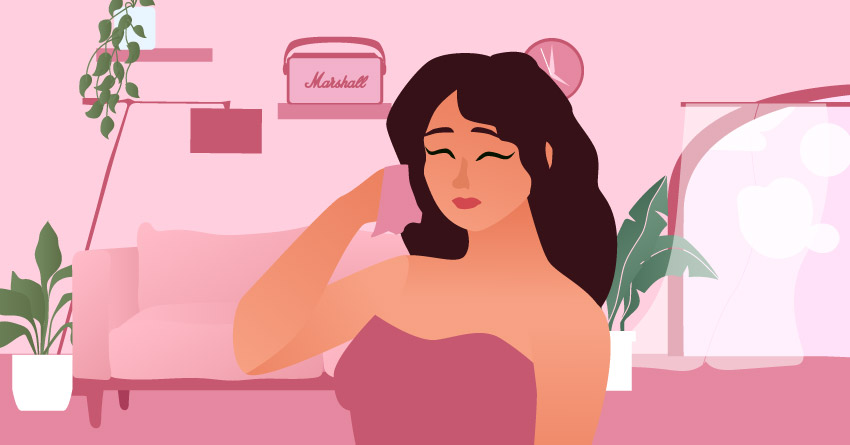
Being stuck in a relationship you no longer want can significantly impact your overall outlook on life. You might find yourself thinking, “This is it… This is my future, and there’s no way out,” whether due to the time you’ve invested in the relationship or how intertwined your lives have become. This sense of being trapped can create a heavy feeling of hopelessness that seeps into other areas of your life.
Hobbies no longer spark joy, and work can lose its sense of purpose. It’s a grim and overwhelming state, but it’s not uncommon for those who’ve fallen out of love to experience these emotions.
13Your friends and family have noticed changes in your demeanor or mood.
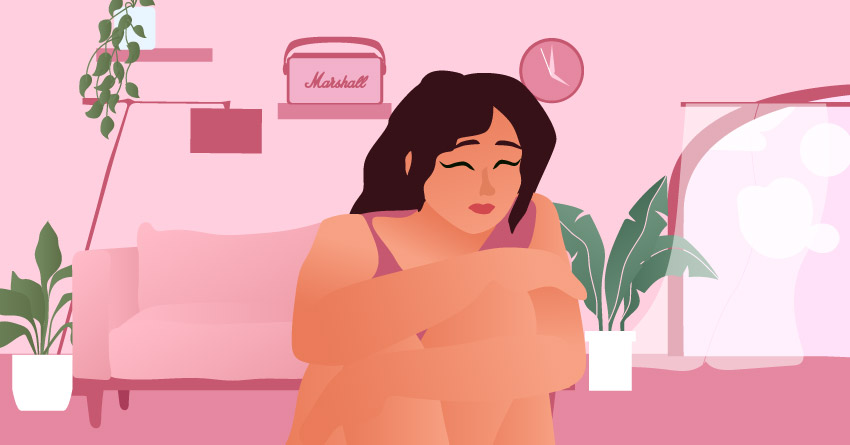
Sometimes, the shifts in your feelings for your partner become so apparent that even friends and family pick up on them. They might not outright say, “You seem cold to your partner,” but their concern often shows in subtle ways. You may notice them asking more questions about the relationship, like how you’re feeling or whether things are okay between you and your partner.
These inquiries are usually laced with concern, as they can sense something is off—even if they don’t explicitly say so. In some cases, close friends or family might cut straight to the point and express that you seem unhappy or stressed whenever the topic of your partner comes up. Their observations often reflect what you might already feel, even if you haven’t fully acknowledged it yet.
Reasons Why Love Fades
Love isn’t some magical, all-powerful force that thrives on its own—it’s more like a plant. It needs nurturing, attention, and effort from both partners to grow and flourish. Each person has a role to play in keeping it alive and healthy. When that care and effort wane, love can fade. Here are some of the common reasons why:
1Incompatibility
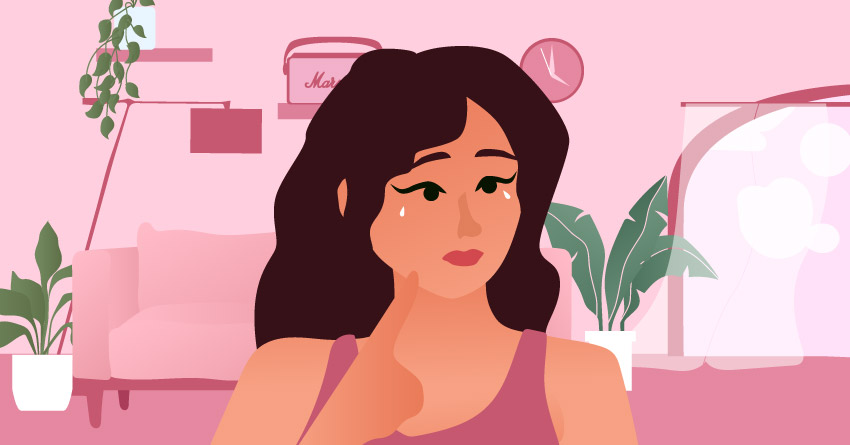
Incompatibility is one of the main reasons love fades, even when there is genuine affection between two people. Differences in interests, such as one partner loving outdoor adventures while the other prefers staying in, can create distance over time. Deeply rooted differences, like conflicting religious beliefs, opposing values, or clashing political views, can also make it challenging to maintain a connection.
Not only that, but sexual incompatibility, where desires or expectations don’t align, can lead to frustration and dissatisfaction, further straining the relationship.
2Constant Arguments
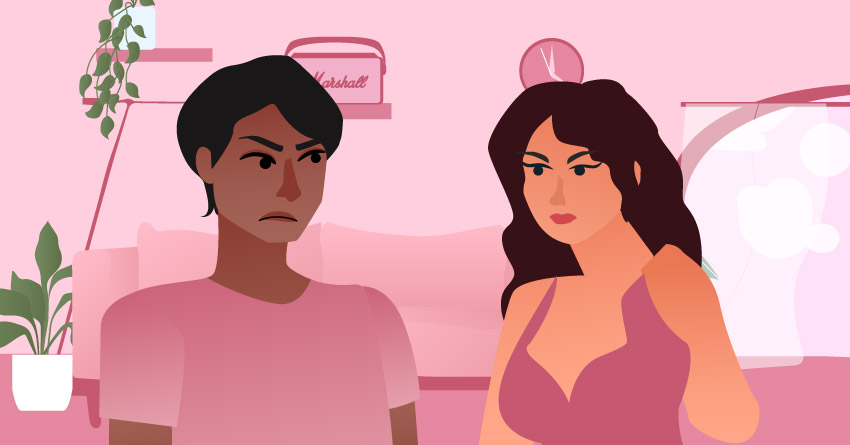
Another factor that causes love to wither is constant arguments. Frequent fights, whether over small things like where to eat or bigger issues like a lack of trust, can make a relationship feel more like a battleground than a safe haven. Over time, the stress and exhaustion from endless bickering can wear down both partners, leaving them feeling disconnected and resentful.
3Lack of Effort
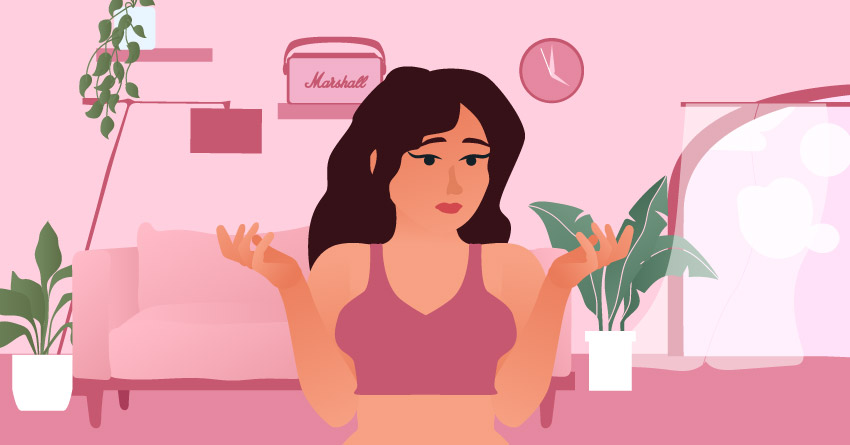
When a relationship’s initial excitement fades, it’s easy for couples to slip into complacency. Effort is what makes a partner feel appreciated and valued—whether it’s helping out with daily chores or planning thoughtful surprises. Without it, the relationship can feel stagnant, leading to feelings of neglect and dissatisfaction.
-
Original price was: ₱1,250.00.₱625.00Current price is: ₱625.00.
-
₱169.00
-
Original price was: ₱1,495.00.₱747.50Current price is: ₱747.50.
-
Original price was: ₱1,250.00.₱625.00Current price is: ₱625.00.
4Physical Distance (LDR)
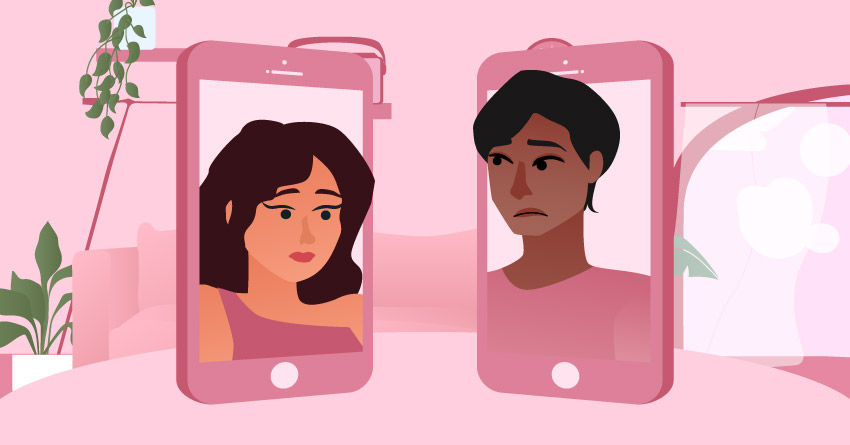
Physical distance can also play a significant role in why love fades. While some couples thrive in long-distance relationships, not everyone can handle the challenges of being apart for extended periods. The lack of physical presence can make it difficult to maintain intimacy and connection, leaving one or both partners feeling lonely or unfulfilled.
5Mental Health Issues
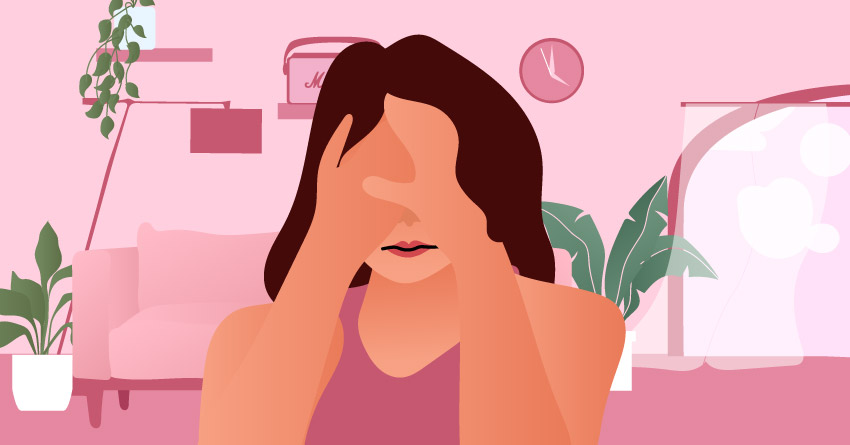
Sometimes, a partner’s internal struggles make it difficult for them to communicate or express affection, leading to misunderstandings and growing resentment. In some cases, self-sabotaging behaviors rooted in these challenges can push the other partner away, even if there is no intent to hurt them.
Falling Out of Love? Here’s Your Next Move
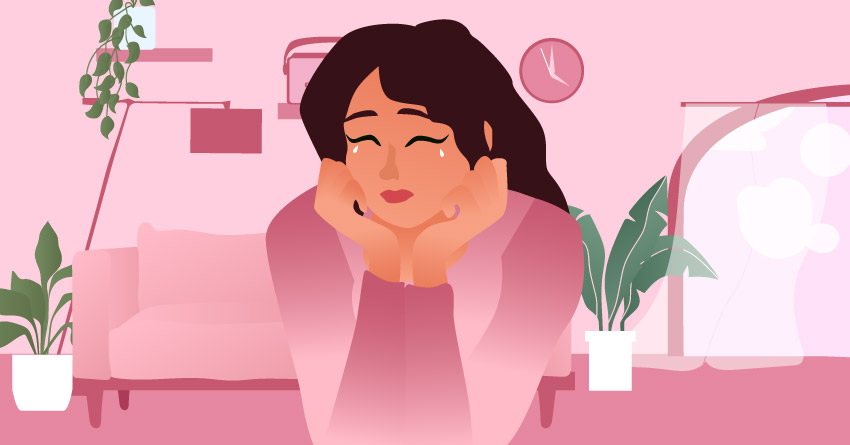
If you’re feeling this way, it’s natural to feel confused about what to do next. The first step is to avoid making any rash decisions and instead take a moment to reflect on where your feelings are coming from. Is it because your partner doesn’t put effort into planning dates like the ones you see on social media? Are you overwhelmed with work or school? Or do you feel emotionally distant because your partner dismisses your feelings whenever you try to open up?
Once you identify the root of your frustrations, it’s time to communicate with your partner. This conversation could address the issues and work on the relationship or lead to a decision to part ways. Either way, it’s a tough but necessary step—nothing will change unless your concerns are voiced.
You might also consider seeking support from a therapist or trying couples counseling to gain an outside perspective and guidance through this process.
Takeaway
As the Nine Inch Nails song goes, “Love is not enough.” Even the strongest feelings can fade when incompatibility, neglect, emotional distance, criticism, or other relationship-breaking factors take root.
That’s why open communication is essential. Tackling issues head-on—no matter how uncomfortable or difficult the conversation might be—is far better than waiting until you or your partner reach the point of falling out of love.




















